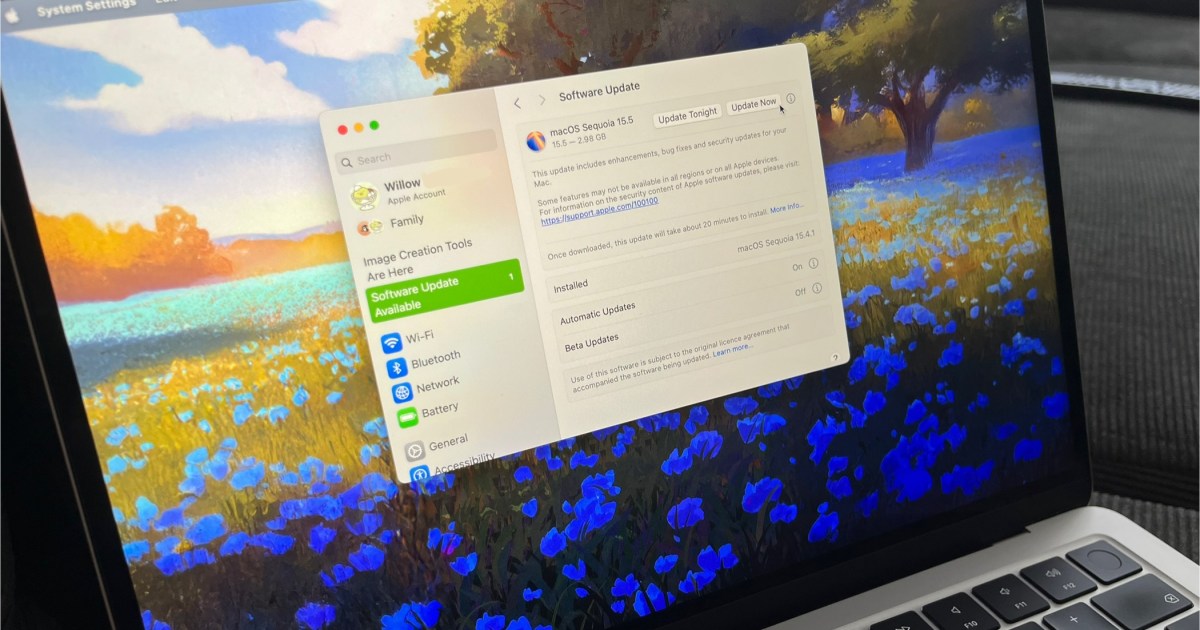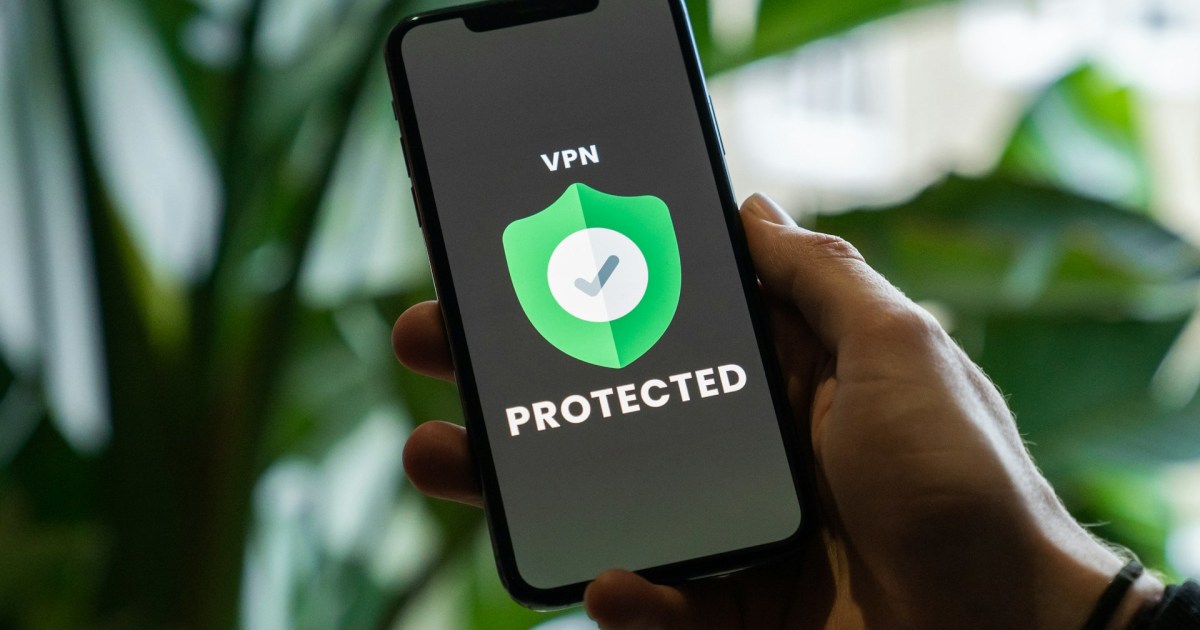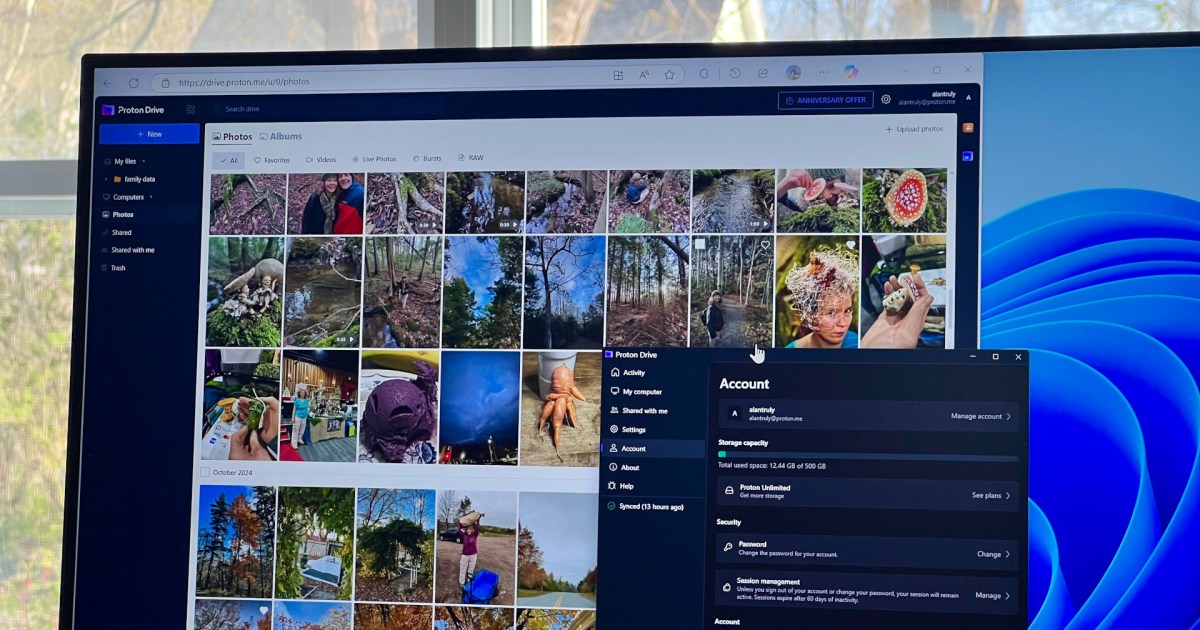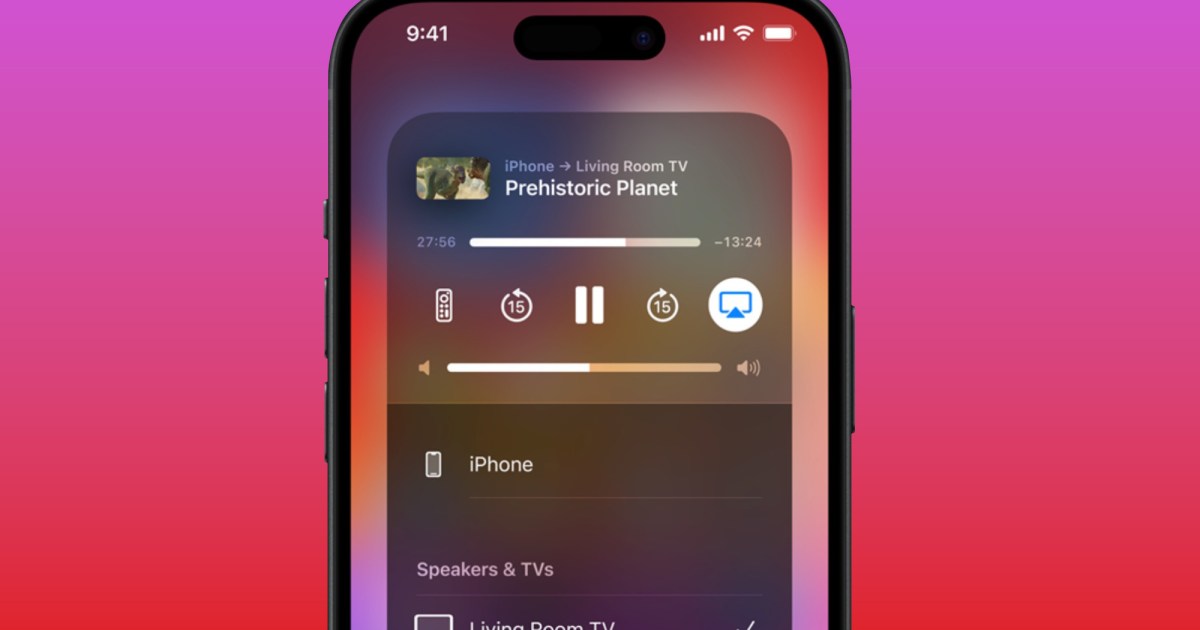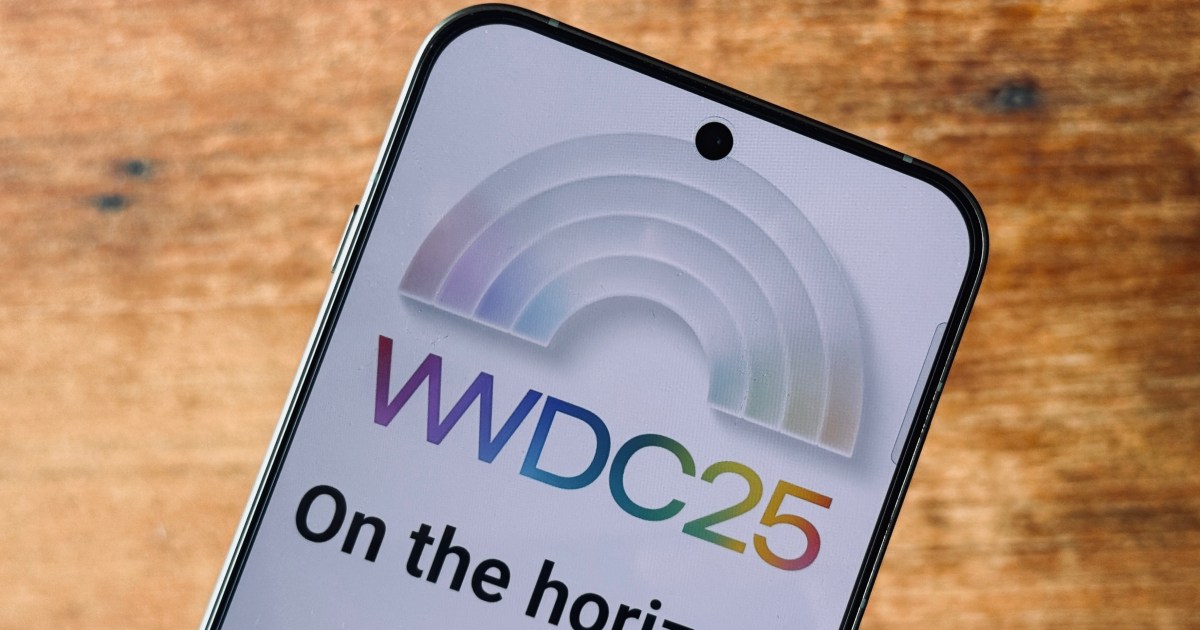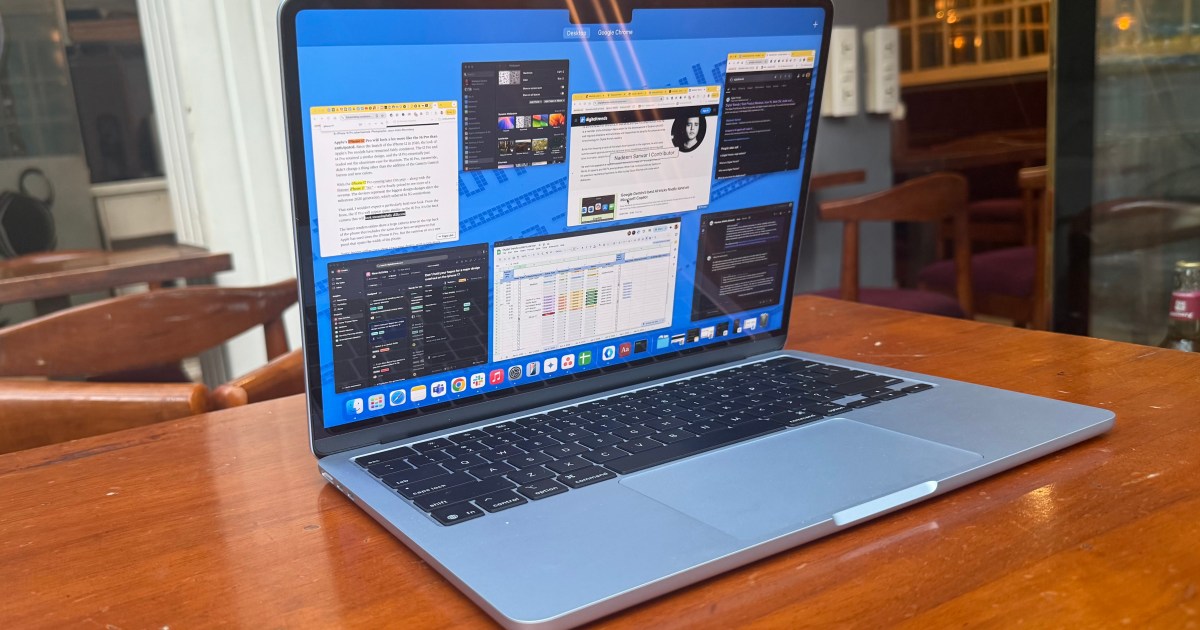While macOS 15.5 may not boast a plethora of new features, the accompanying Safari 18.5 update introduces a significant improvement for battery life: Declarative Web Push. This developer feature offers a more energy-efficient way to handle web notifications, resulting in less battery drain each time you receive an alert in Safari.
This enhancement, already available on iOS and iPadOS, allows developers to transition to a simpler JSON format for notifications. A sample of this streamlined format is shown below:
{
"web_push": 8030,
"notification": {
"title": "Webkit.org — Meet Declarative Web Push",
"lang": "en-US",
"dir": "ltr",
"body": "Send push notifications without JavaScript or service worker!",
"navigate": "",
"silent": false,
"app_badge": "1"
}
}For users who typically decline website notification requests, this change might not be immediately noticeable. However, if you subscribe to notifications from your favorite websites, Declarative Web Push ensures reliable and timely alerts, even if you haven’t visited the site recently, all without excessive battery consumption.
The elimination of Service Workers in Declarative Web Push offers multiple benefits. It simplifies implementation for developers and enhances privacy by design. If you’re unfamiliar with website notifications, the concept is similar to app notifications on your phone. Websites can send alerts about new content, promotions, and updates, provided you grant them permission. News sites might use notifications to alert you about trending stories, while online stores might notify you of sales and deals. Ultimately, the choice to receive these notifications depends on your individual preferences.
While this feature arrives with macOS 15.5, users on macOS Sonoma and Ventura can also benefit from the Safari 18.5 update. And for those anticipating more substantial macOS updates, WWDC 2025 is just around the corner, promising a first glimpse of macOS 16.



